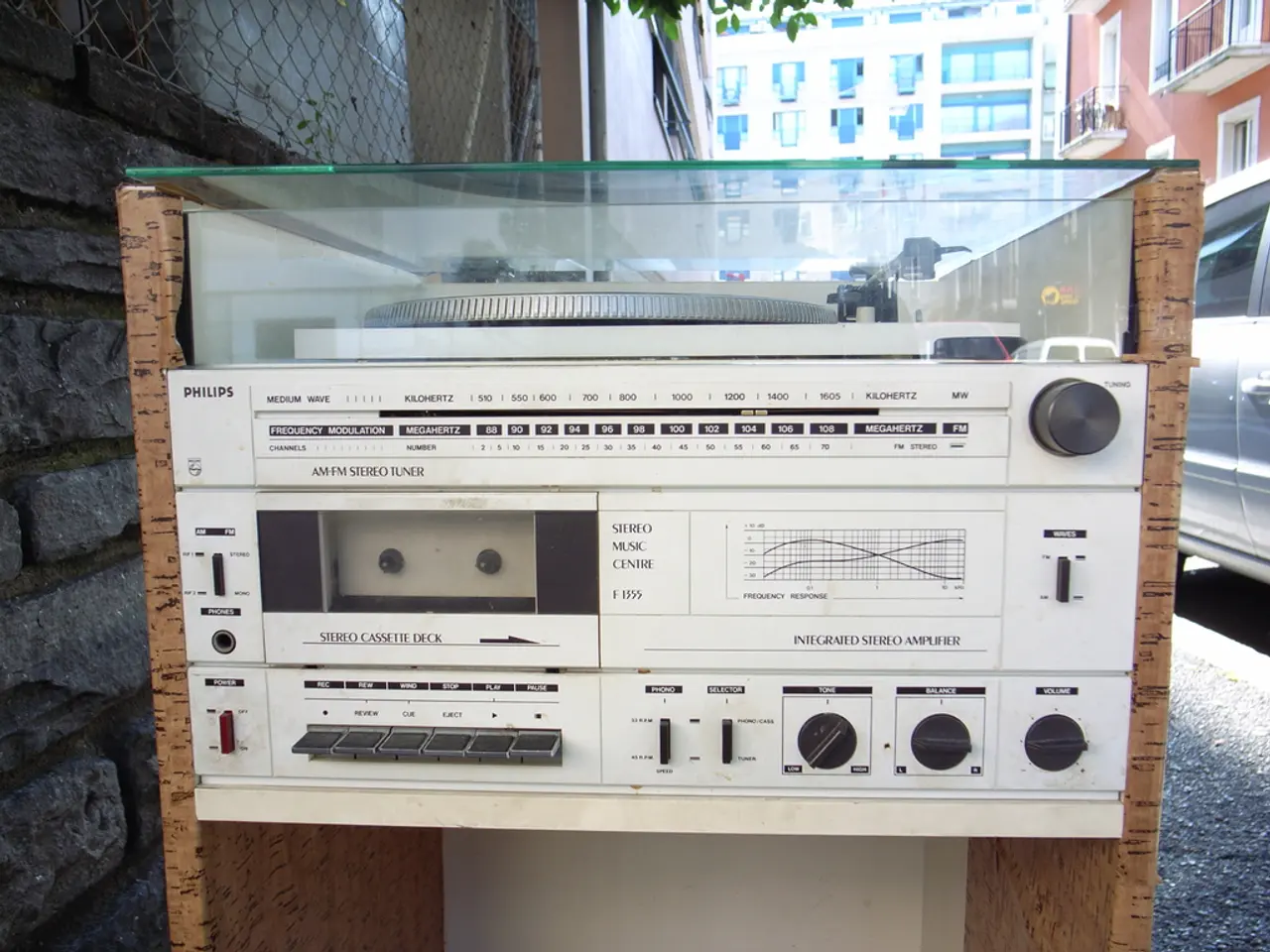Venerable radio station XEW, Mexico's iconic ambassador of Latin American culture, marks its 95-year anniversary with a grand celebration of legendary broadcasts and live performances
XEW Celebrates 95 Years as the Voice of Latin America
In 1930, XEW, the significant communication media in Mexico, made its debut as the voice of Latin America from Mexico. Over the past nine decades, the radio station has played a crucial role in making musical and acting phenomena viral, launching the careers of numerous legends.
On September 18, 1930, XEW began broadcasting, with Leopoldo de Samaniego saying the first words: "Friends, this is XEW, the voice of Latin America from Mexico." The station's first broadcast featured Beethoven's Symphony No. 9, "Ode to Joy," performed by the Police Orchestra, setting the stage for a musical journey that would captivate audiences for years to come.
The early days of XEW were marked by a division in programming, with melodramas in the morning and musical presentations in the evening. One of the first radio novels to air on XEW was "The Three Musketeers," broadcast in 1932. Other popular radio novels included "The Right to Be Born" and "Kalimán."
The station premiered its studios at Ayuntamiento 52 and 54 in 1934, where the public had access. It was here that Francisco Gabilondo Soler, known as "Cri-Cri," made his radio debut. The Picot Songbook, published in 1569, may not have been specifically mentioned during these early broadcasts, but its influence on Mexican music was undoubtedly felt.
From the 1940s to the 1970s, XEW's programs were live and with an audience. This era saw the rise of great legends such as Pedro Infante, Lola Beltrán, Agustín Lara, and Pedro Vargas. Agustín Lara, Pedro Infante, María Victoria, Pedro Vargas, among others, found a great platform for their careers on XEW.
In 1975, the group Radiopolis was formed, which consisted of XEW, XEQ, and XEX; later known as Televisa Radio. In 2001, Radiopolis became part of the Spanish company Prisa Radios, but in 2019, its shares were acquired by Miguel Alemán Velasco and Miguel Alemán Magnani, and today it is known as W Radio.
The facilities of XEW currently house the studios of Unicable channel. Unicable channel has revitalized XEW by rescuing the tradition of producing live-audience programs like "Miembros al Aire" and "Netas Divinas." One such radio novel, "Chucho, el roto," aired for 11 uninterrupted years on XEW.
As XEW celebrates its 95th anniversary, the history of this iconic radio station will be provided in a timeline for readers to learn more about its journey and the legends it has nurtured. For more information about how the 15th of September was celebrated before, with Pedro Infante, Jorge Negrete, and the National Anthem in cinemas and theaters, readers are encouraged to read the article titled "How the 15th of September was celebrated before."
Read also:
- Mohammad Yousuf publically labeled Suryakumar Yadav as a "pig," an unusual slur Yousuf explained.
- Today's most impactful photographic moments
- Support for Eric Adams in The Post's Letters to the Editor on August 13, 2025
- Roosting Shark and Rambunctious Red Squirrels: Unconventional House Rental in Yorkshire Involving Aquatic Marvel, Squirrely Mayhem, and Mystical Planning Regulations






